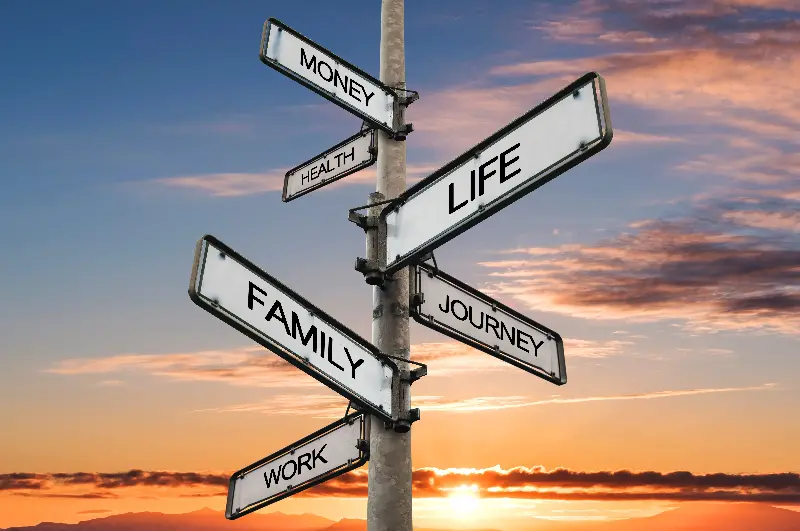In today's fast-paced and fantastically connected world, the search for balance between work, family, and self has become a truly global quest. While it often feels elusive, millions of people around the world have found inspiring and unique ways to craft harmony amid daily demands. But what are the secrets behind their success? Exploring global perspectives reveals inventive approaches, rich traditions, and modern strategies for mastering work-life balance.

Global Views on Balance: More Than Just a Trend
Work-life balance isn’t a new idea, but the ways it’s approached vary dramatically around the globe. In Sweden, the concept of "lagom," which loosely translates to "just the right amount," underpins their approach to everything from work hours to family commitments and leisure. Swedish companies frequently finish the workday by 5 p.m., and the nation is famous for its parental leave policies, allowing parents ample time to nurture family bonds.
Contrast that with the culture in Japan, where the word "karoshi," meaning death by overwork, once made international headlines. While Japan has long been known for its strict work culture, recent years have seen a shift. The Japanese government and businesses now promote "Premium Friday," encouraging workers to leave early on the last Friday of each month to focus on personal well-being and family.
In Brazil, the emphasis on family life naturally supports balance. Meals are cherished social events, and weekends are often reserved for extended family gatherings. The work environment in many Brazilian firms is notably flexible, understanding that family obligations come first.
The Science of Smarter Working
Many successful people worldwide focus not just on working less, but on working smarter. In Germany, the notion of "Feierabend" literally means "celebrating the evening" and points to a strict separation between work and leisure. Most German employees are unreachable after office hours, reinforcing clear boundaries that allow for rest and rejuvenation.
Singapore stands out for blending technological innovation with traditional family values. Flexible work arrangements, supported by a strong digital infrastructure, are increasingly common. Many Singaporeans use smart apps to manage schedules, freeing up time for elderly relatives and children, yet ensuring a strong career trajectory.
Australia’s laid-back ethos might suggest leisure trumps ambition, but in fact, many Australians excel at time management. “Work to live, don’t live to work” is a common mantra. Aussies often take advantage of early starts and flexible office hours, and a lunch at the beach or a morning surf is not an unusual way to break up the workday.

Family First: Traditions That Endure
Across continents, cultures have created rituals and habits that fortify family life—even during the busiest weeks. In Italy, sharing the evening meal is near-sacred. No matter what’s going on at work, family dinners are non-negotiable and represent a daily opportunity for connection and relaxation.
In India, multigenerational households offer built-in support systems. Elders aid with childcare and household chores, allowing working parents to focus on careers without feeling overwhelmed. Festivals and family celebrations continue to punctuate the calendar even for the urban professional, providing regular pauses for joy and togetherness.
Kenyan communities have long valued the spirit of "harambee," which means "pulling together." Whether it’s supporting each other through communal childcare or coming together for important occasions, these shared responsibilities make handling life’s pressures a collective affair.

Making Time for Self: The Global Wellness Movement
An important, and sometimes overlooked, part of the balance equation is personal time. Around the world, people are adopting creative ways to nurture their well-being. In South Korea, public "jimjilbangs," or bathhouses, provide a social space to relax, de-stress, and find solitude—a regular routine for many.
The Danish have gained worldwide acclaim for "hygge," fostering coziness and contentment through simple pleasures: lighting candles, gathering with friends, or curling up with a good book. This movement has inspired millions to slow down and savor daily experiences.
In the United States, the trend towards "micro-vacations" has taken off, with people carving out short but meaningful breaks for mindfulness, hobbies, or brief travel. This approach fits busy schedules and provides bursts of refreshment, combating burnout before it arrives.
Small Innovations With Big Impact
Not every solution is grand or complicated. Sometimes, tiny tweaks to a daily routine make all the difference. In Spain, the tradition of "siesta"—a midday break—remains alive in some regions, giving workers time to rest or recharge before continuing the day.
Remote work has also democratized access to balance for many worldwide. Parents, caregivers, and globetrotters can now design their days in ways that were unimaginable just a decade ago. Companies from Finland to Canada are piloting four-day workweeks, reporting higher productivity alongside improved satisfaction and well-being.
Embracing balance is an ongoing journey unique to each person and culture. But, as people around the world reveal, the secret lies in everyday actions: setting boundaries, upholding rituals, seeking support, and carving out moments, big or small, for peace and pleasure. Global balance is more than a dream—it’s a shared reality, shaped by innovation, tradition, and the will to thrive.
